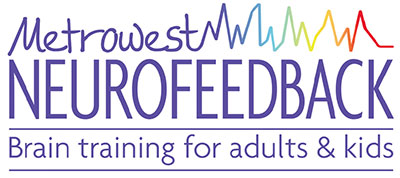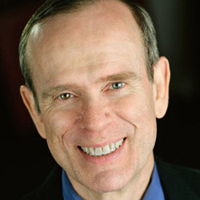
In cases of TBI, neurofeedback is probably better than any medication or supplement…
Richard Brown, MD
Associate Clinical Professor of Psychiatry, Columbia College of Physicians and Surgeons, New York, NY
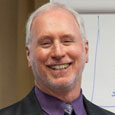
Neurofeedback has been shown to improve cognitive flexibility, creativity, athletic control, and inner awareness.
Mason and Brownback
Journal of Neurotherapy (2001)
In my 38 years of practice, I have never seen any treatment that comes close to producing the results that Neurofeedback offers… I have seen results achieved in days and weeks that previously took months and years to achieve, using the best methods available to us.
Jack Woodward, M.D
Board Certified Psychiatrist

It improves seizures, depression, low self esteem or congenital head injuries. . . Patients report they sleep better, feel better, they don’t have seizures, they are more in control, and that they get more work done. It helps with closed head injury patients. It helps with chronic neurologic disease, where there is no active injury but there are problems with normal functioning. We’ve had success with multiple sclerosis, with toxic encephalopathy (for example, chemical poisoning interfering with neurologic functioning), with chronic pain, migraines and fibromyalgia. And of course, we get very good results with ADD.
Jonathan Walker, M.D.
Board Certified Neurologist, Dallas, TX
Former Board Member of ISNR (International Society for Neuronal Regulation)
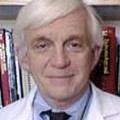
The literature, which lacks any negative study of substance, suggests that EEG biofeedback therapy should play a major therapeutic role in many difficult areas. In my opinion, if any medication had demonstrated such a wide spectrum of efficacy it would be universally accepted and widely used” (p.v.). “It is a field to be taken seriously by all.
Frank Duffy, MD
Neurologist, Head of the Neuroimaging Department and of Neuroimaging Research at Boston’s Children’s Hospital, Harvard Medical School Professor
(p.vii) January 2000 issue of the Journal Clinical Electroencephalography (EEG)
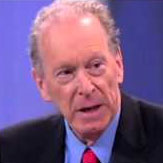
In my own practice, I’ve used neurofeedback in a comprehensive medical treatment program to help more than 1,000 patients with attention deficit hyperactivity disorder. When combined with supportive therapies such as family counseling and educational therapy, EEG neurofeedback is the most effective treatment available. Critics of EEG neurofeedback hold this treatment to more rigid standards than drug treatments. Yet unlike drugs, neurofeedback is benign.
David F. Velkoff, M.D.
Medical Director Drake Institute of Behavioral Medicine, Los Angeles
Physician’s Weekly POINT/COUNTERPOINT; July 13, 1998 Vol. XV, No. 26
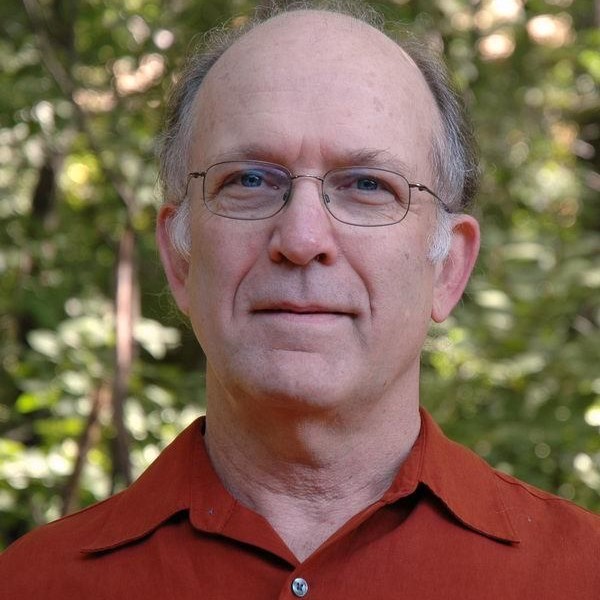
Neurotherapy for ADHD offers an effective alternate for patients whose treatment is limited by side effects, poor medication response and/or their parents refuse to consider medications.
John Nash, PhD
Psychologist, in Clinical Electroencephalography
